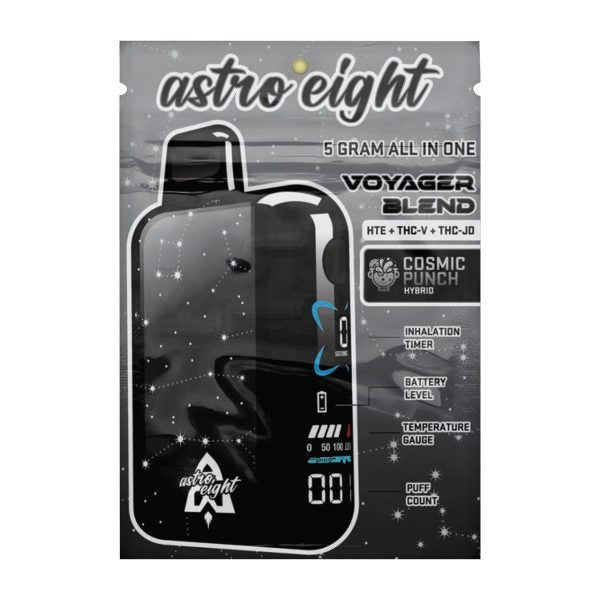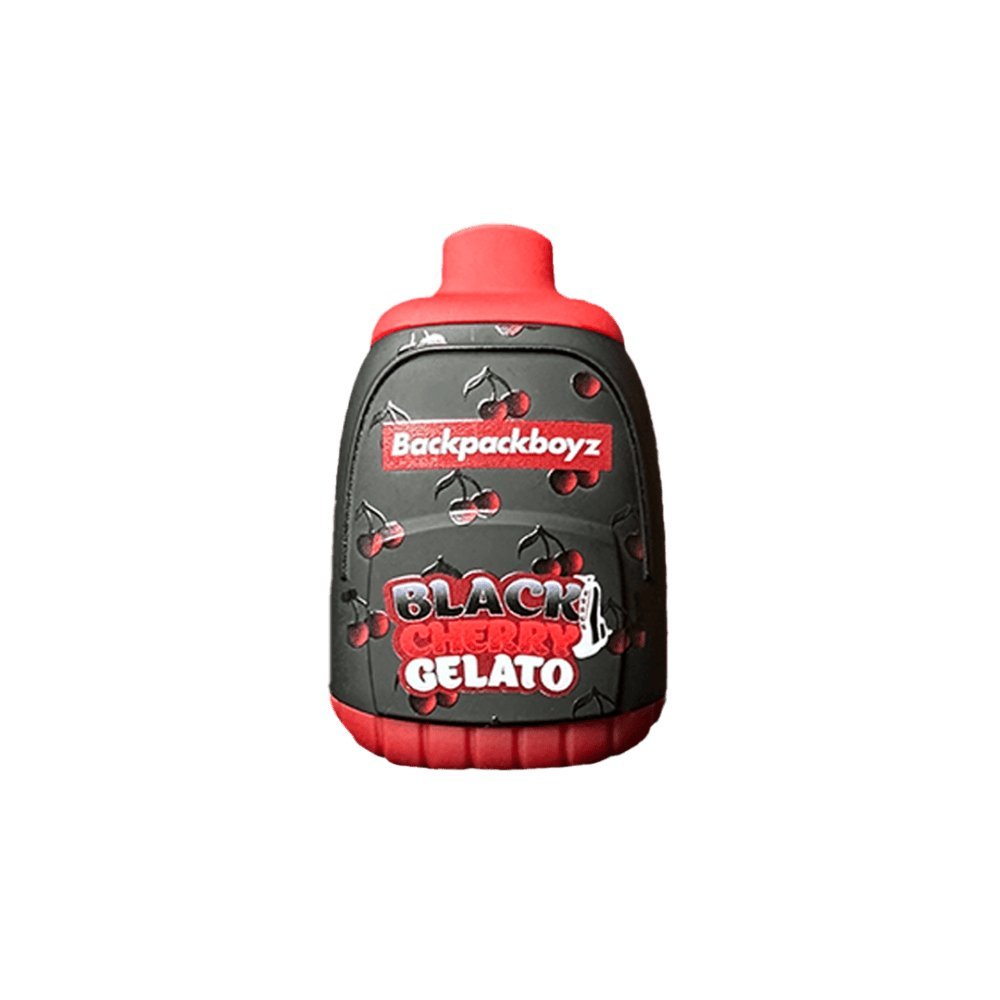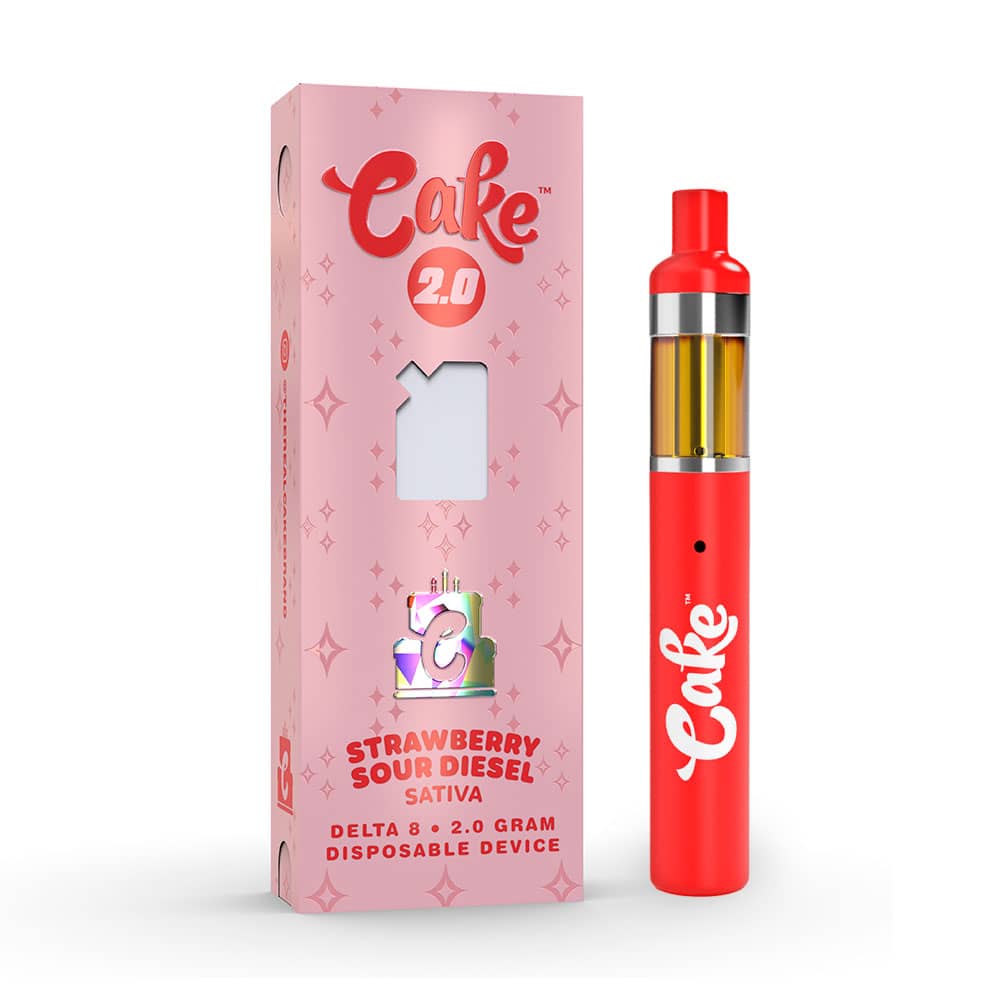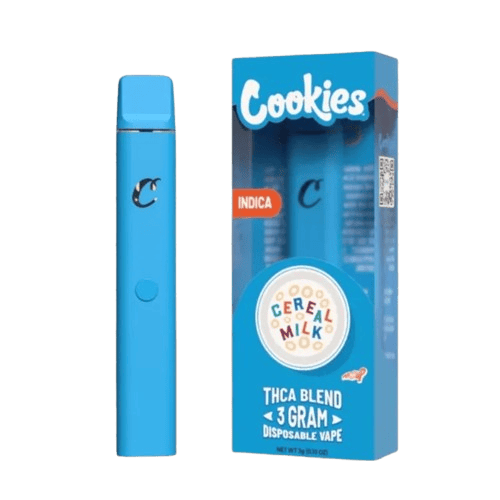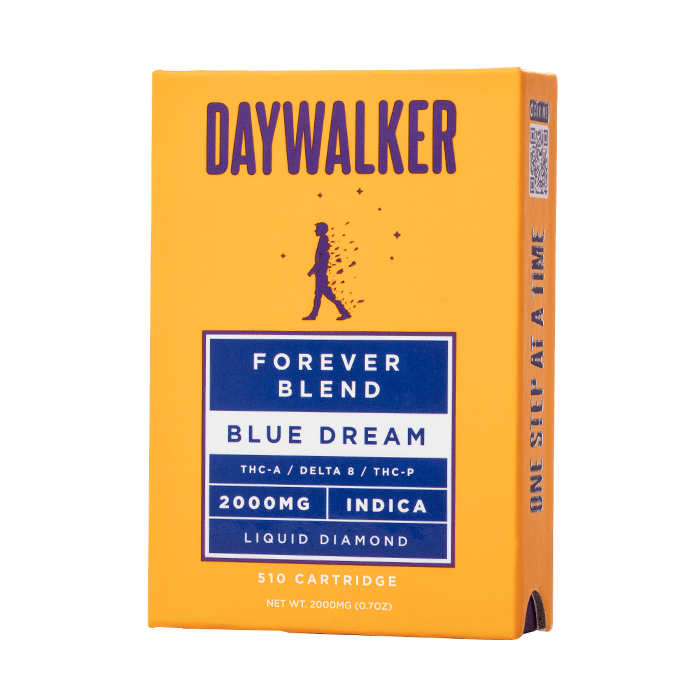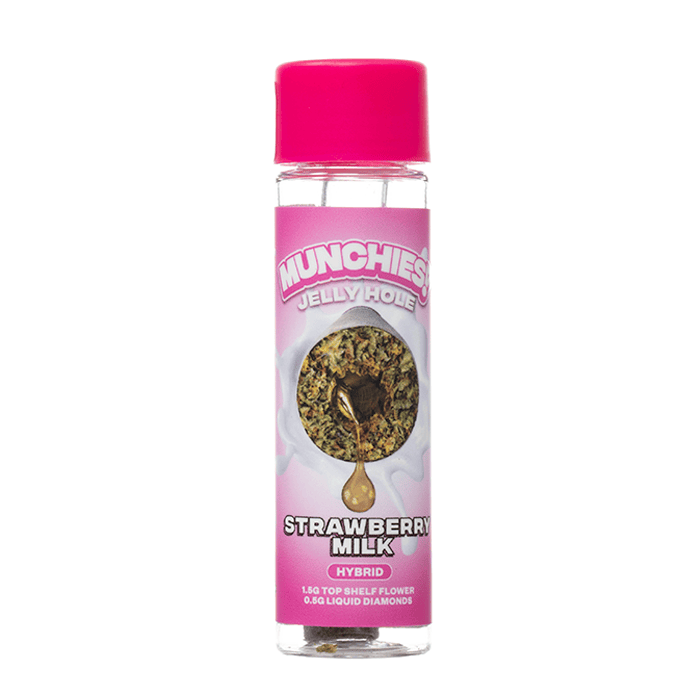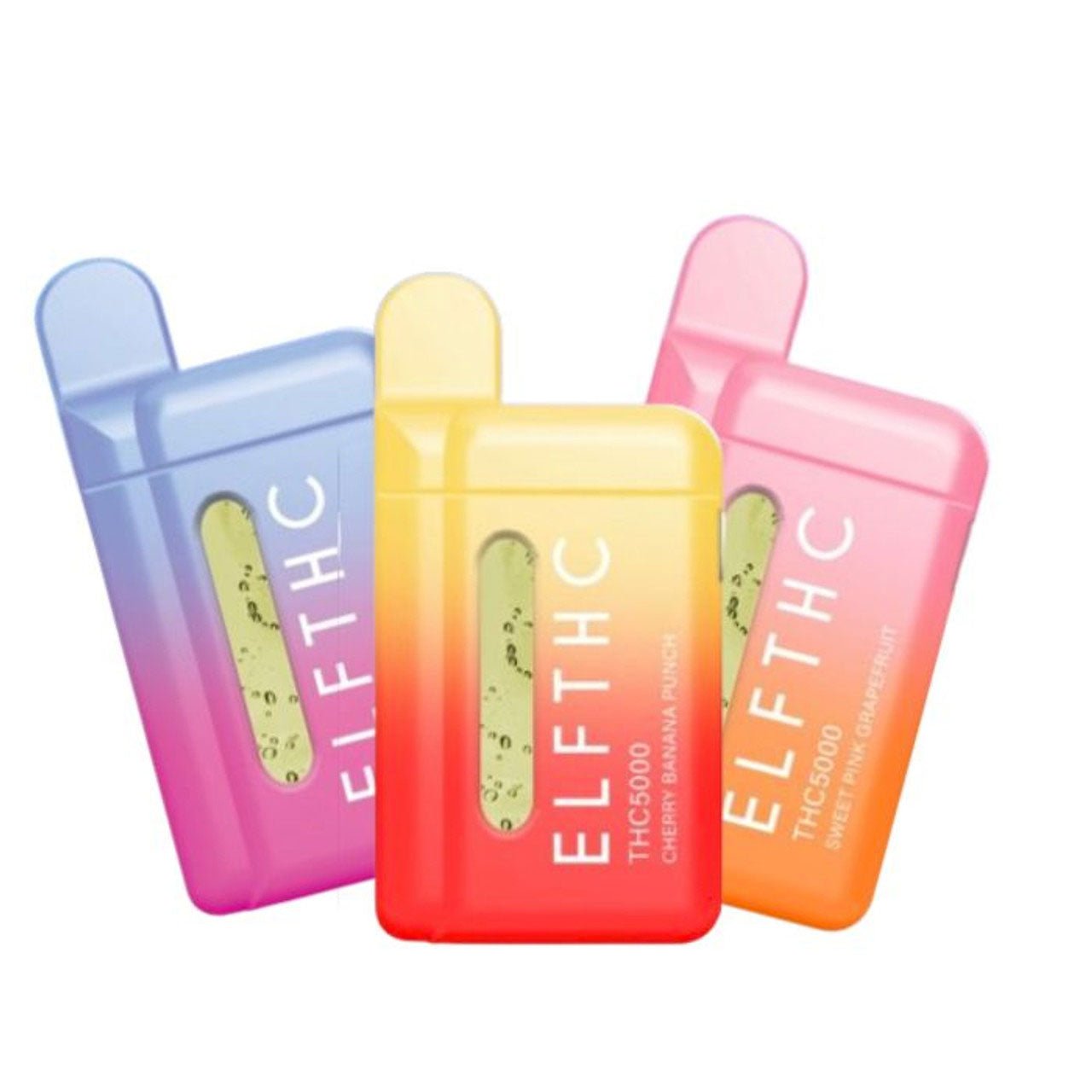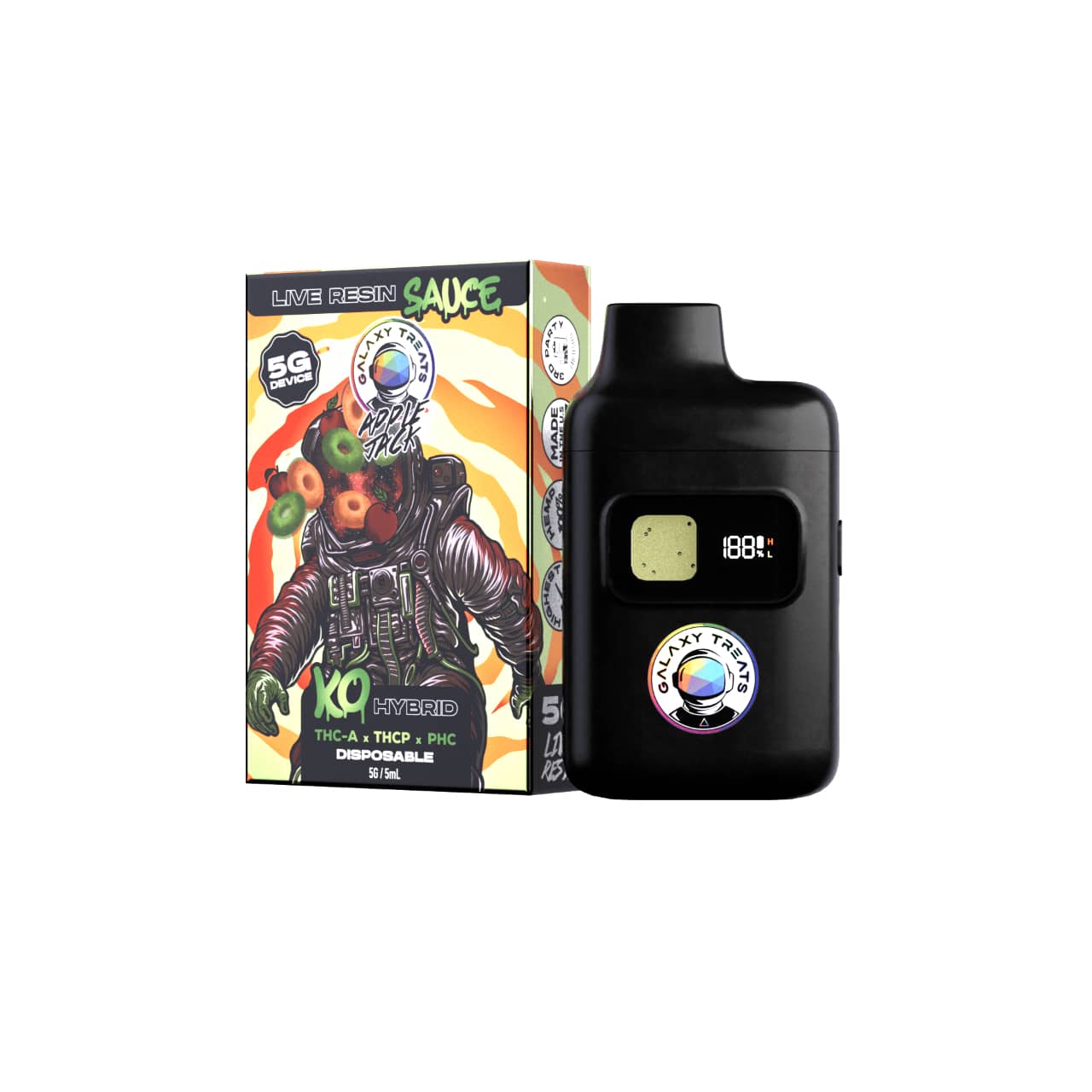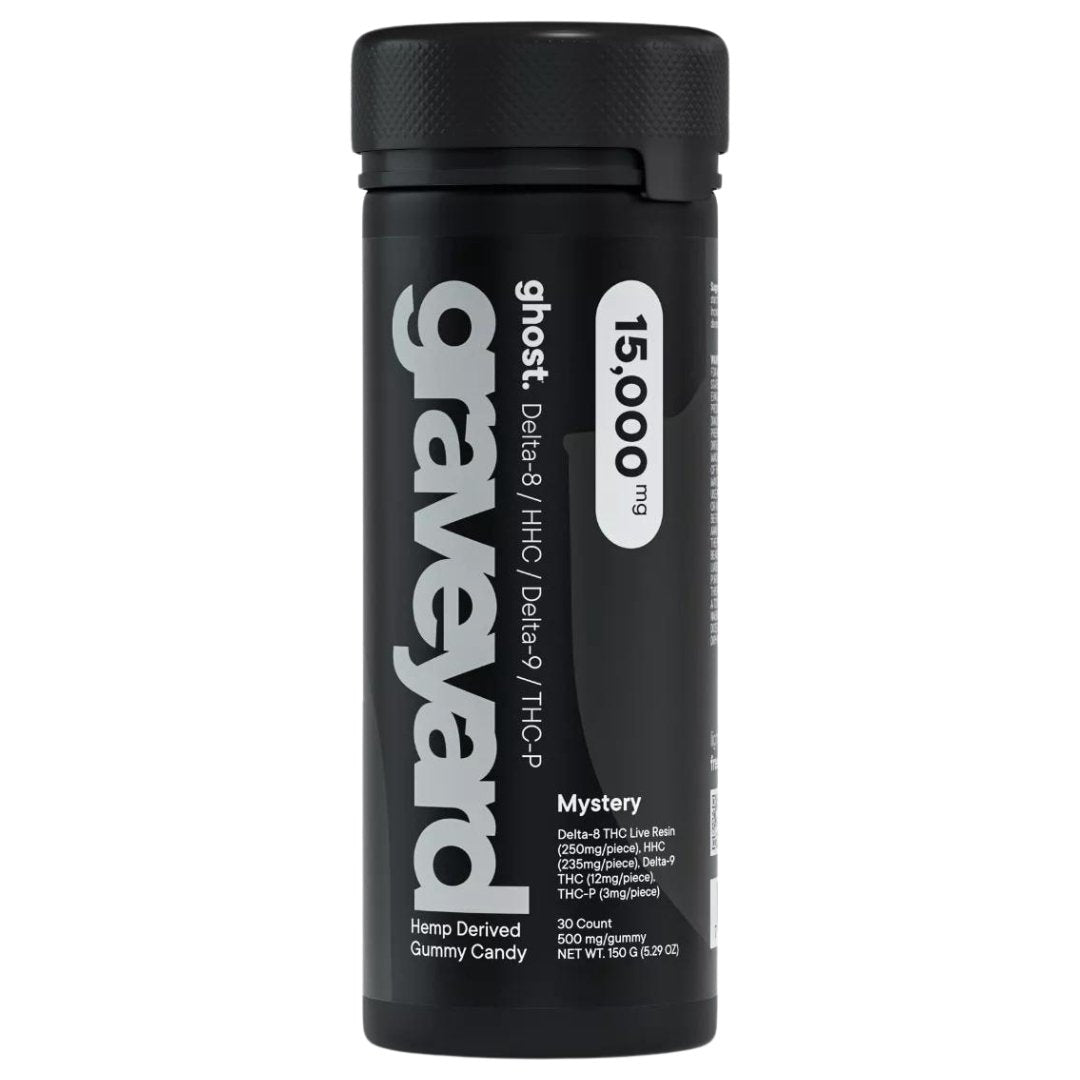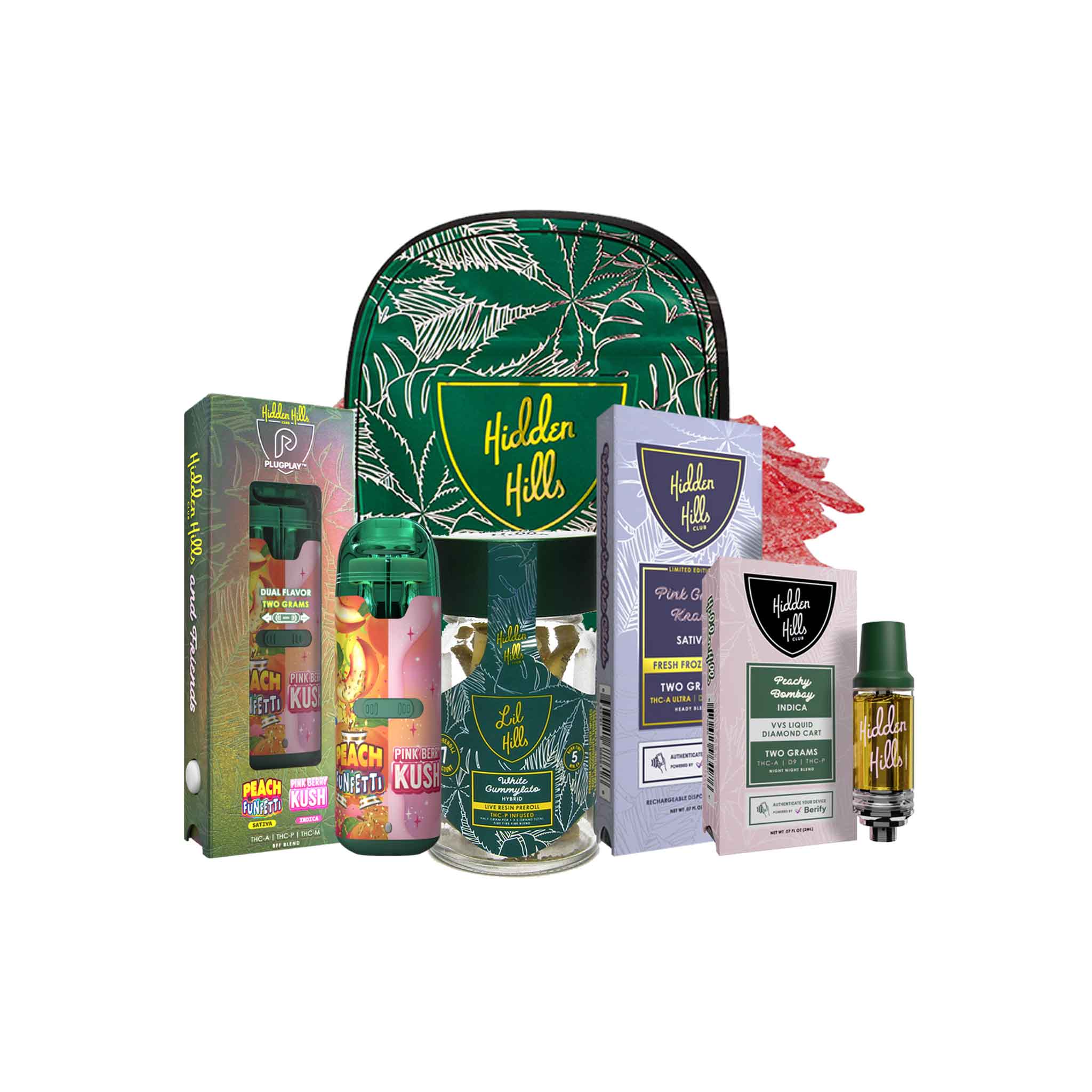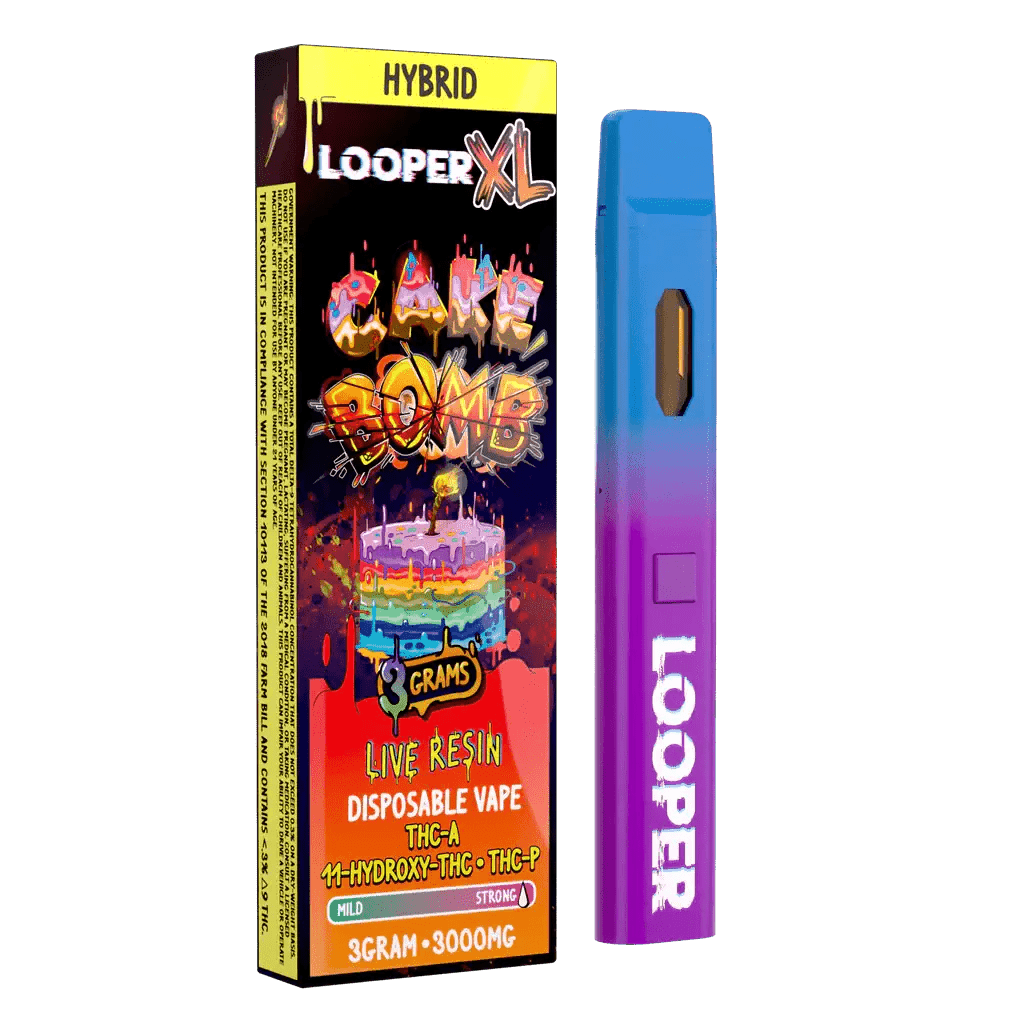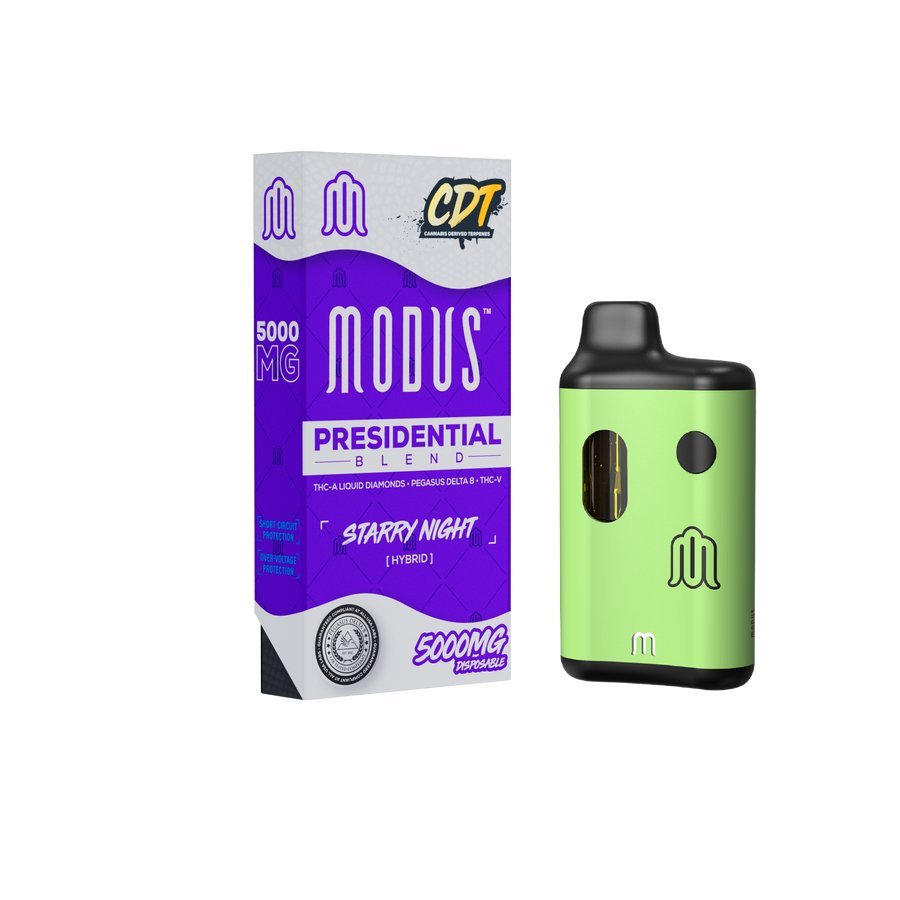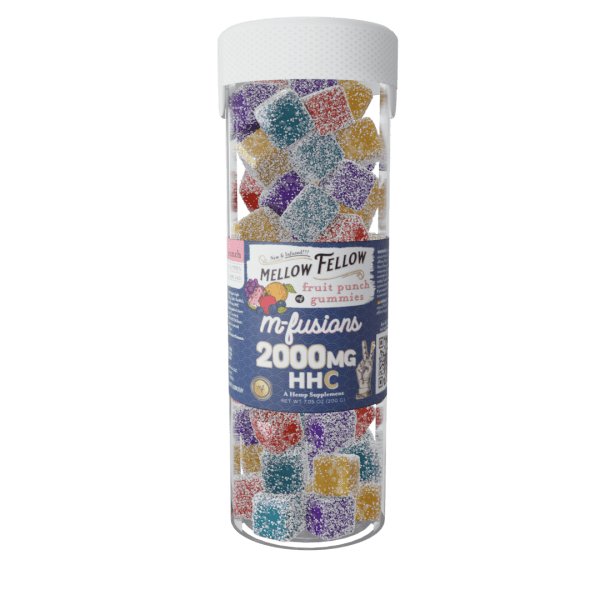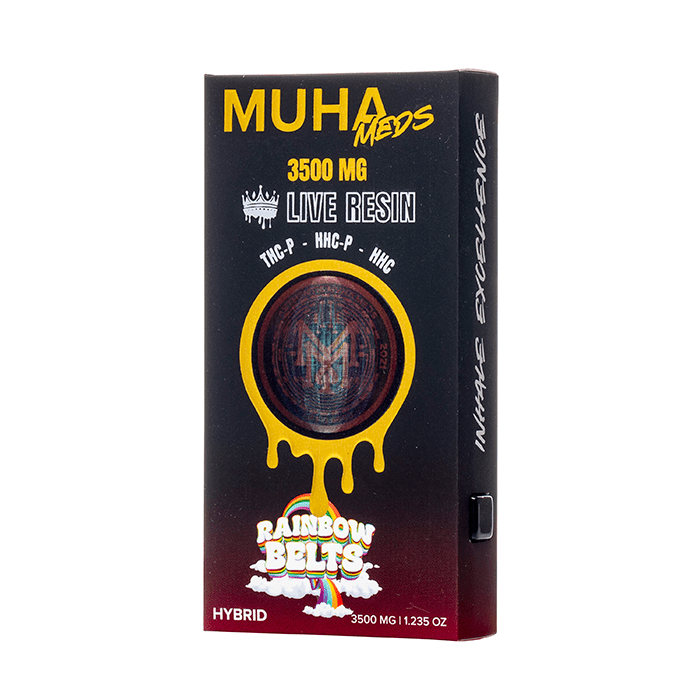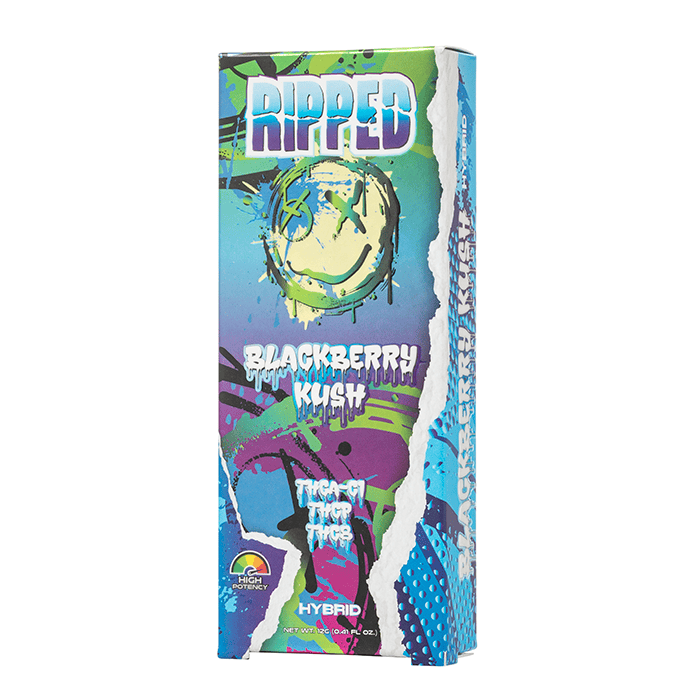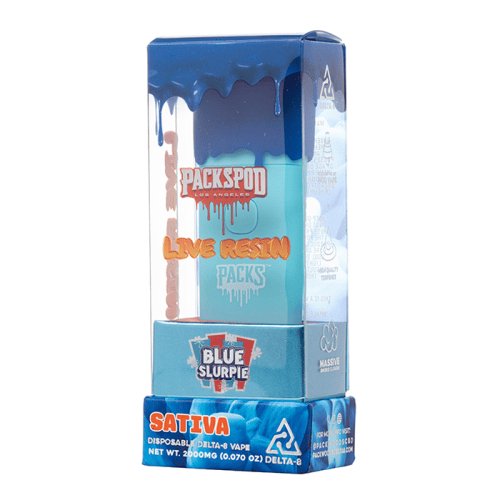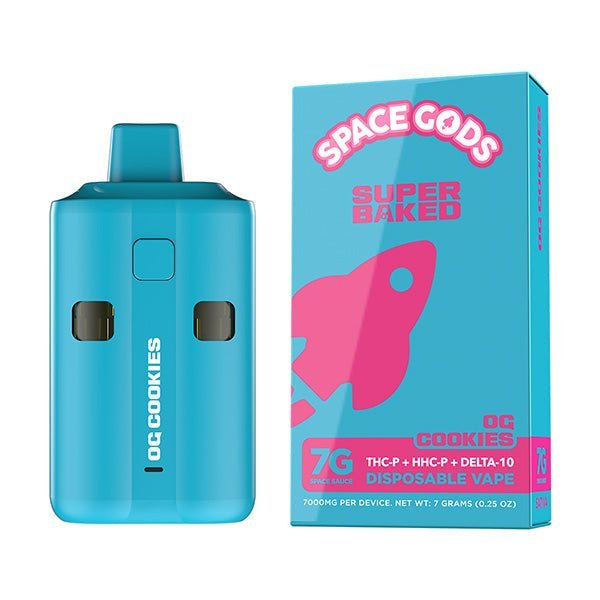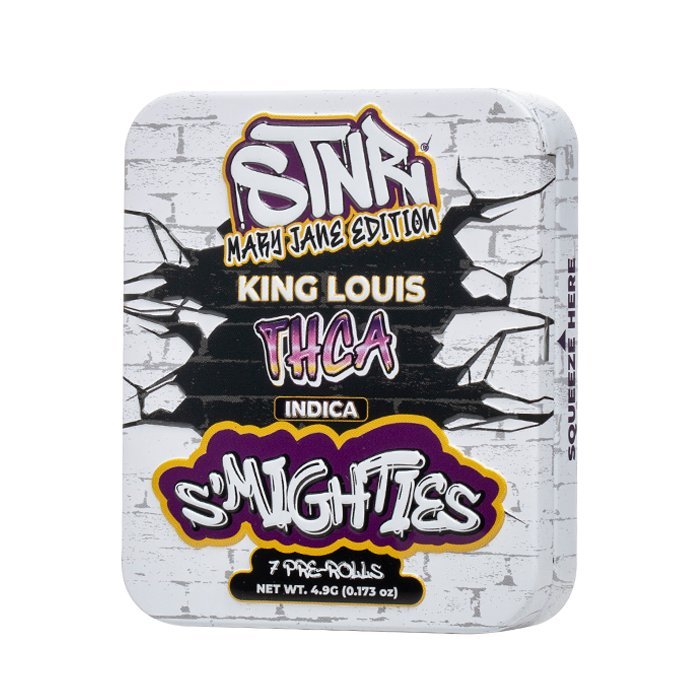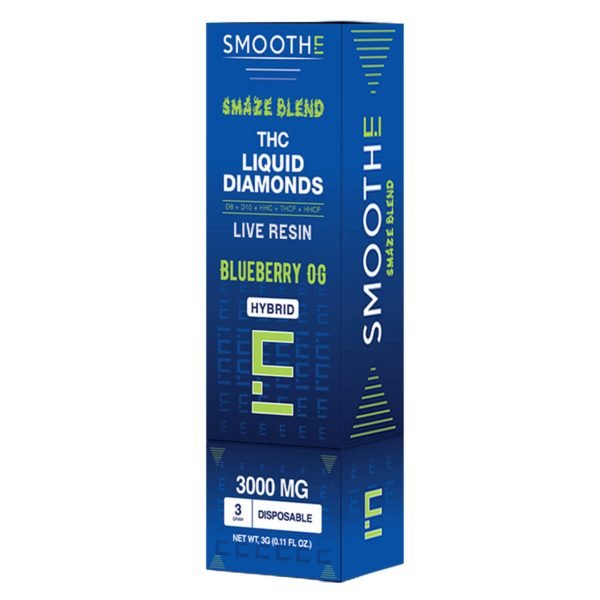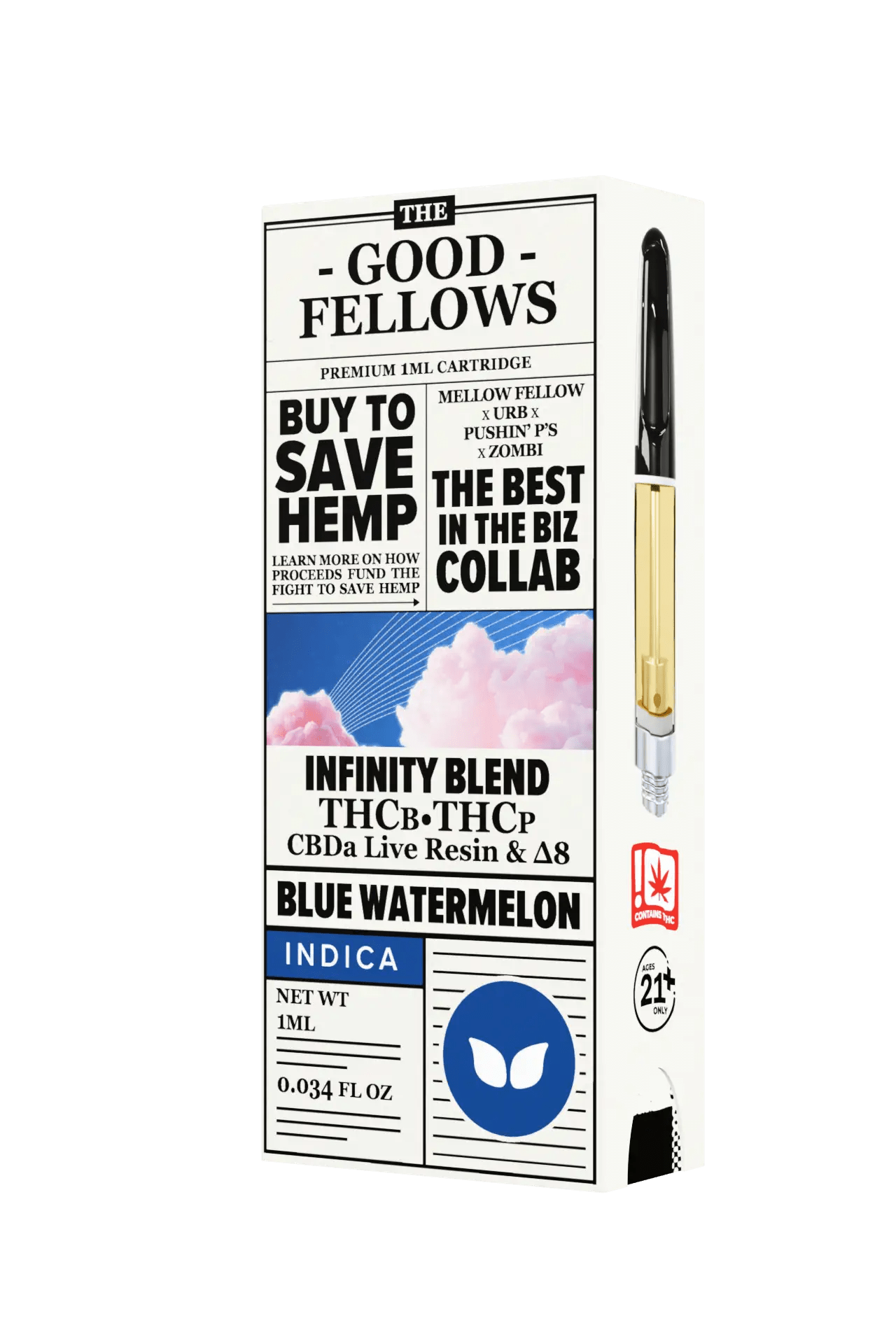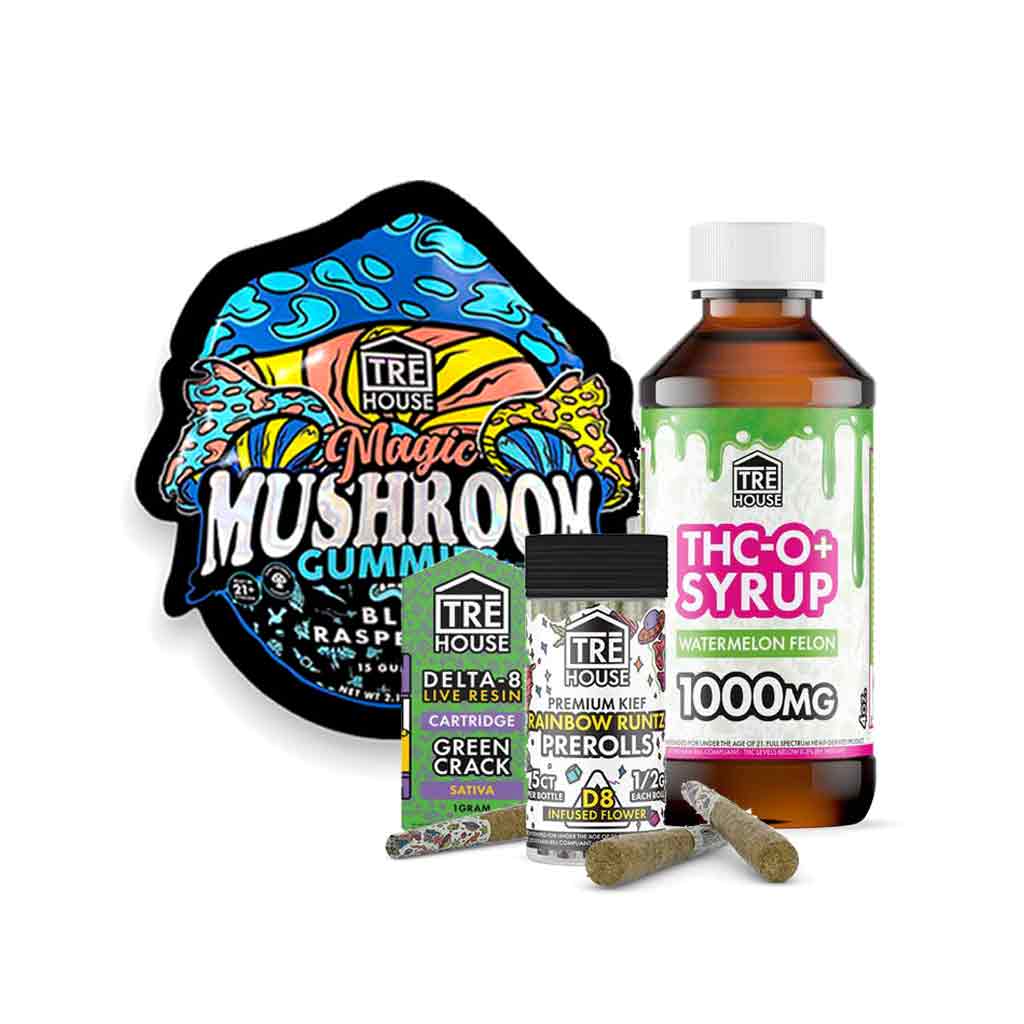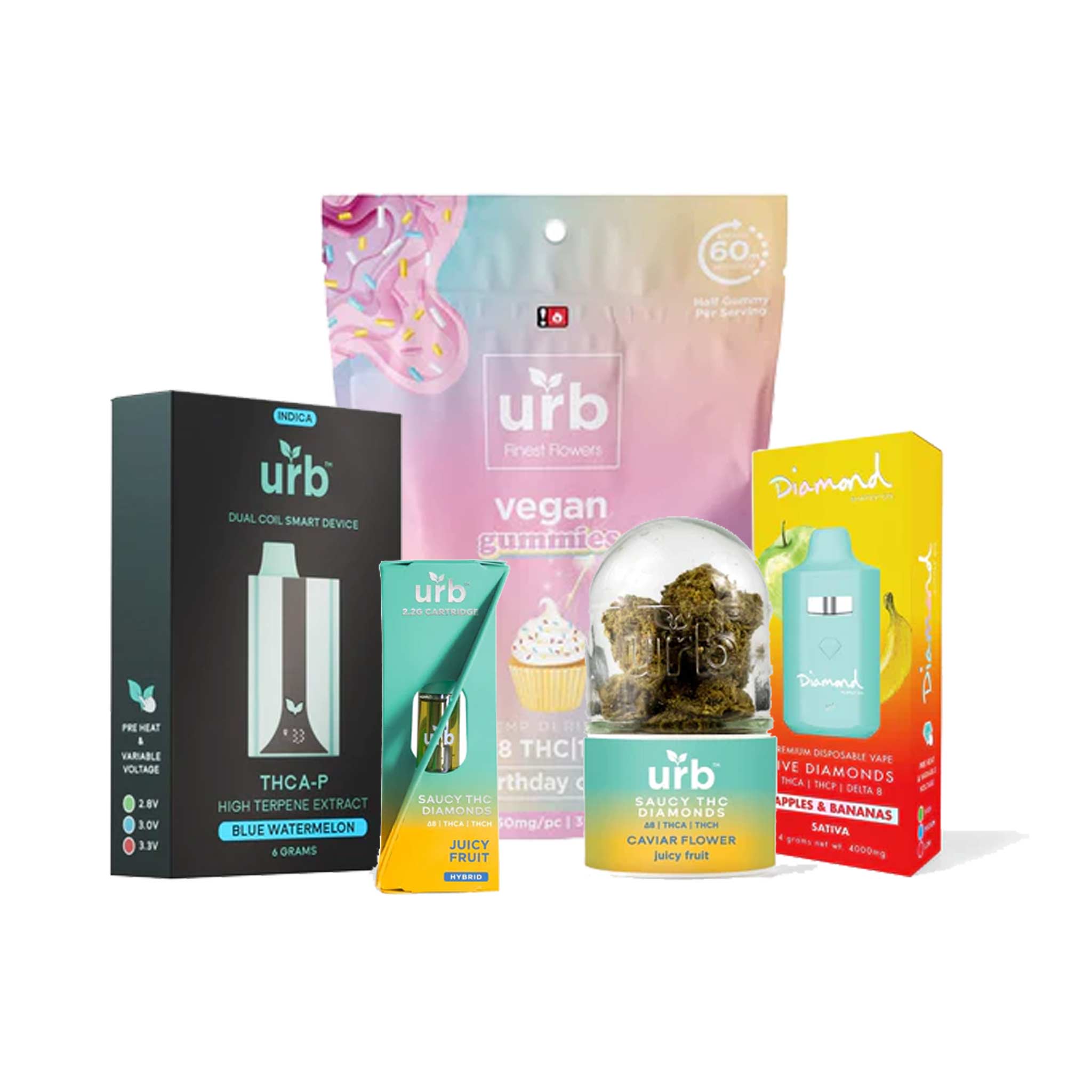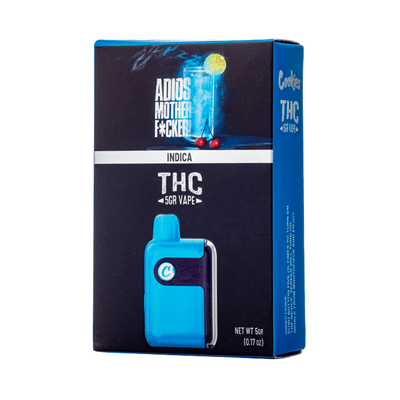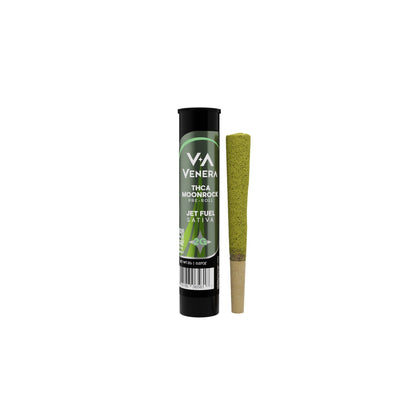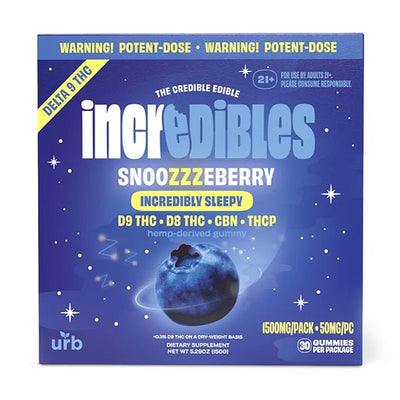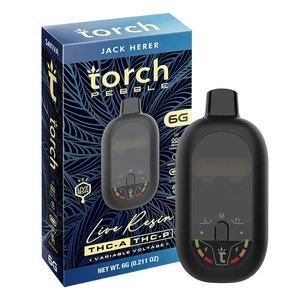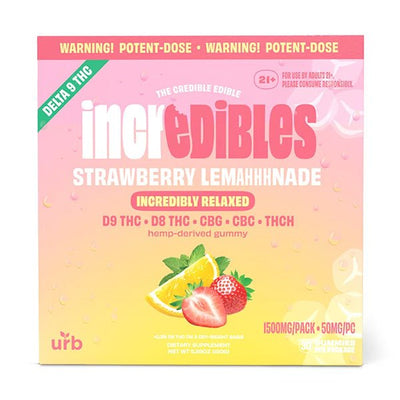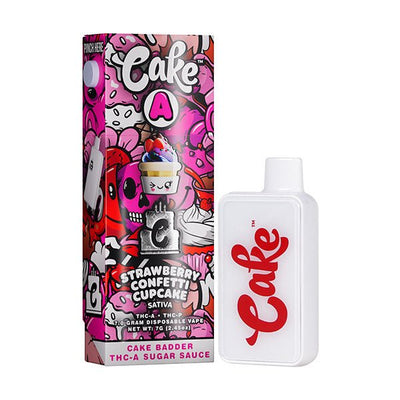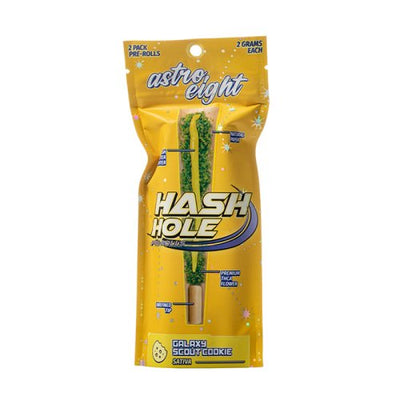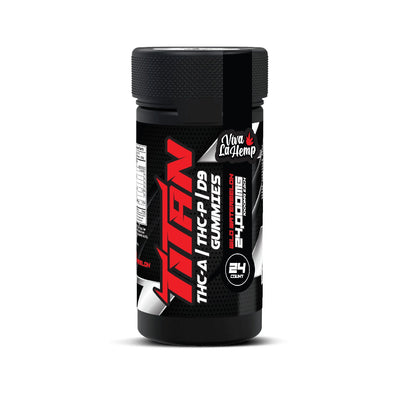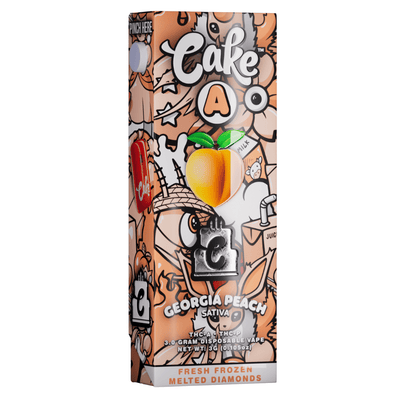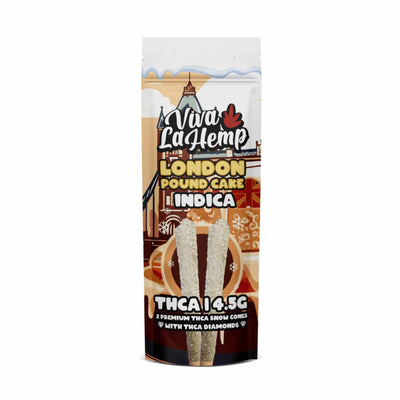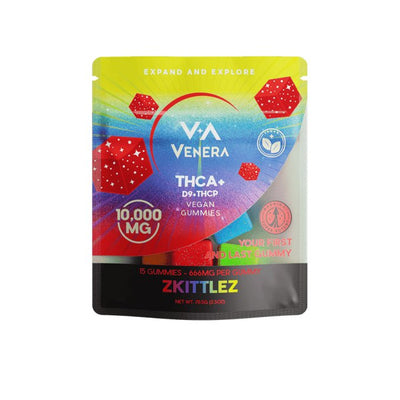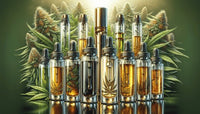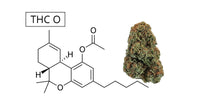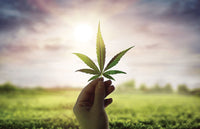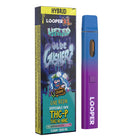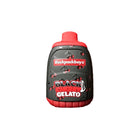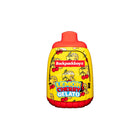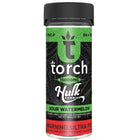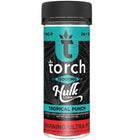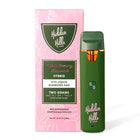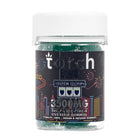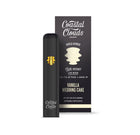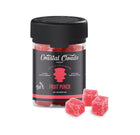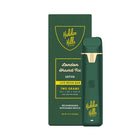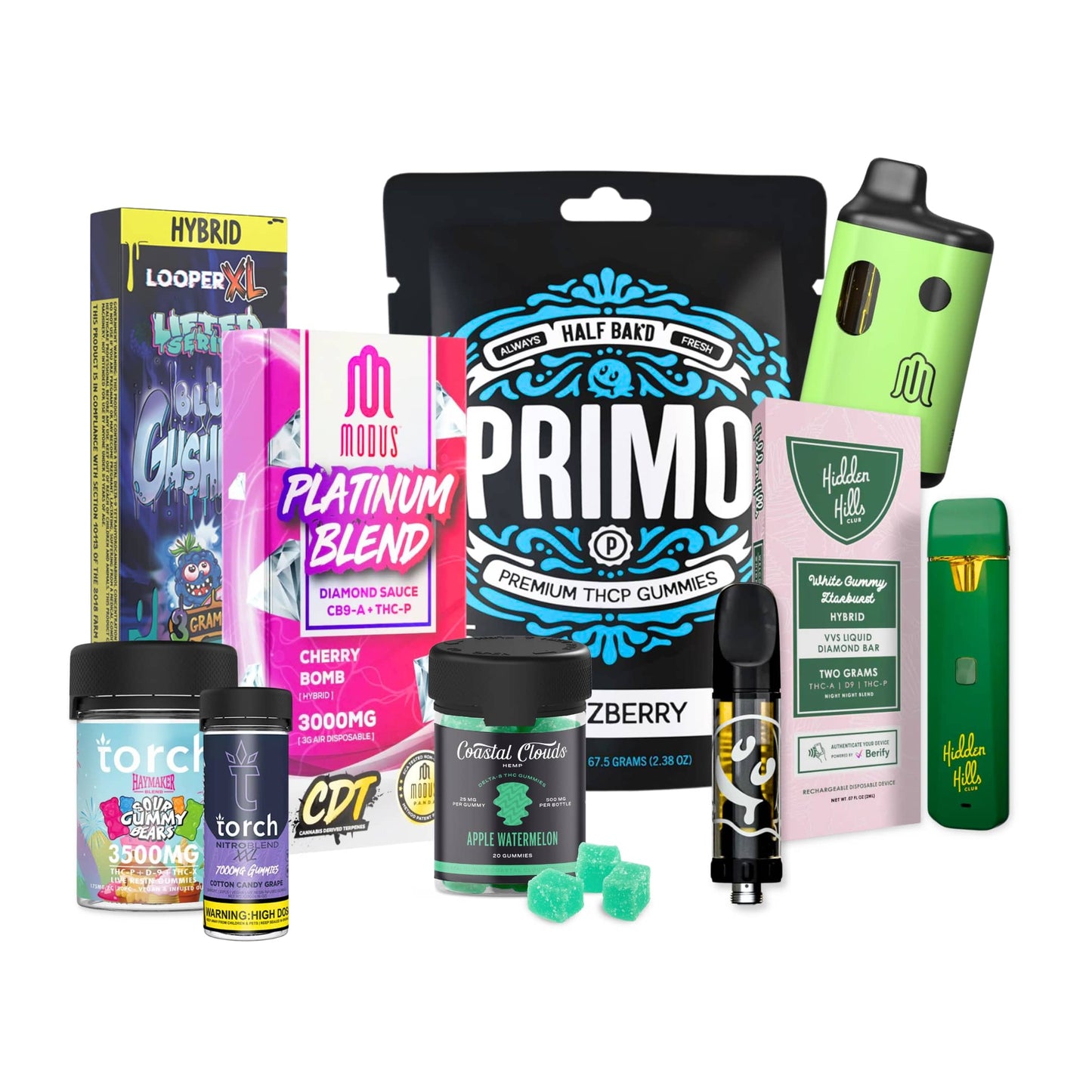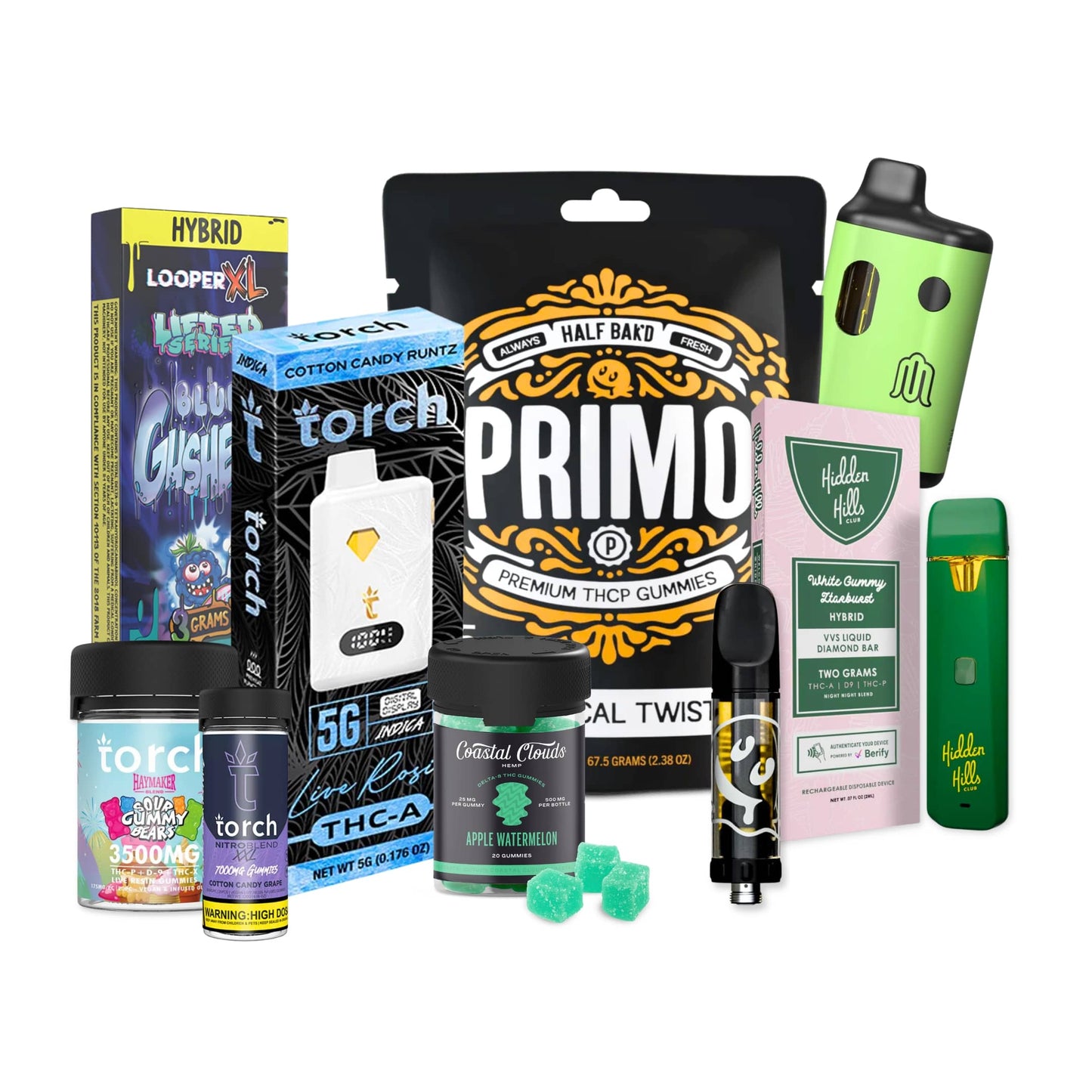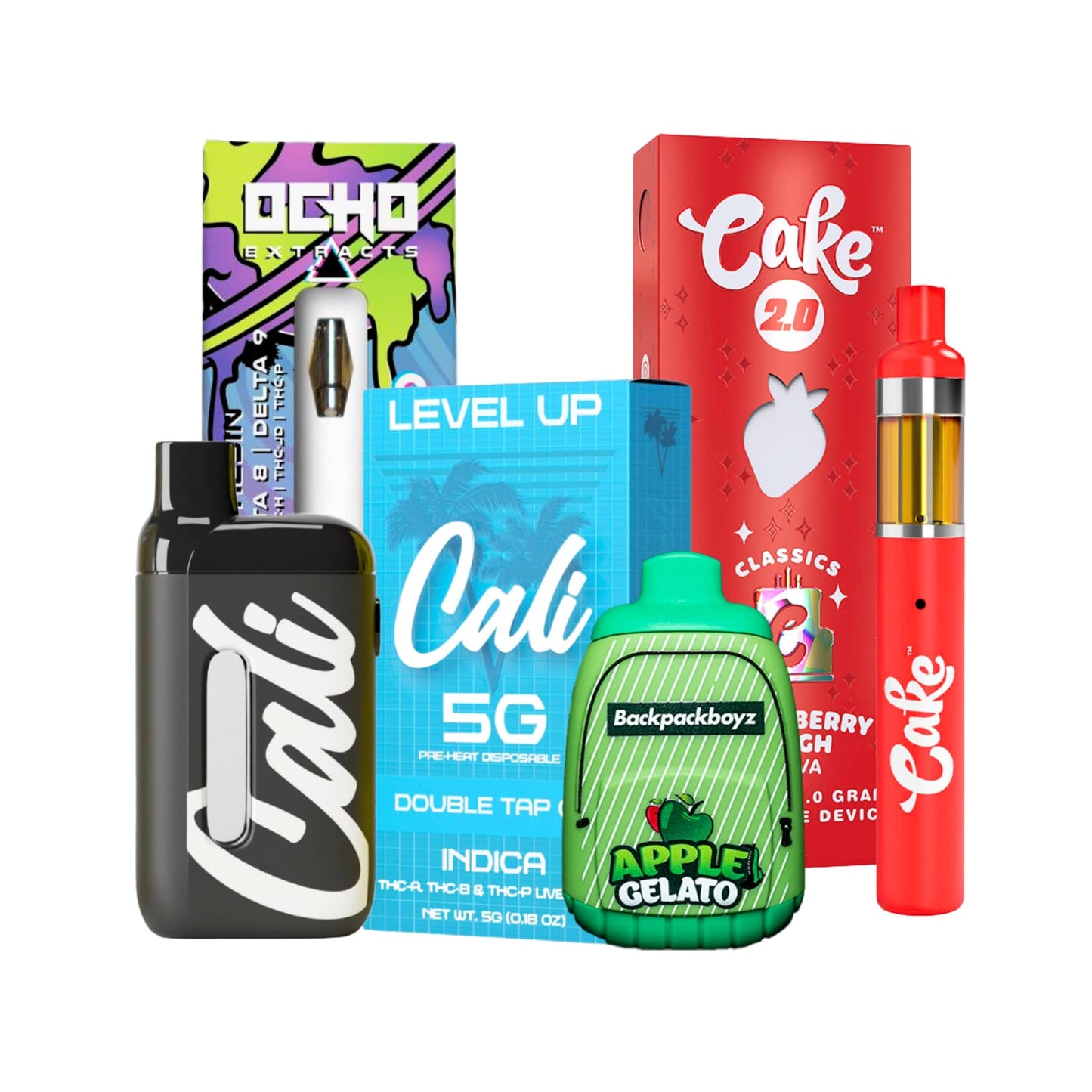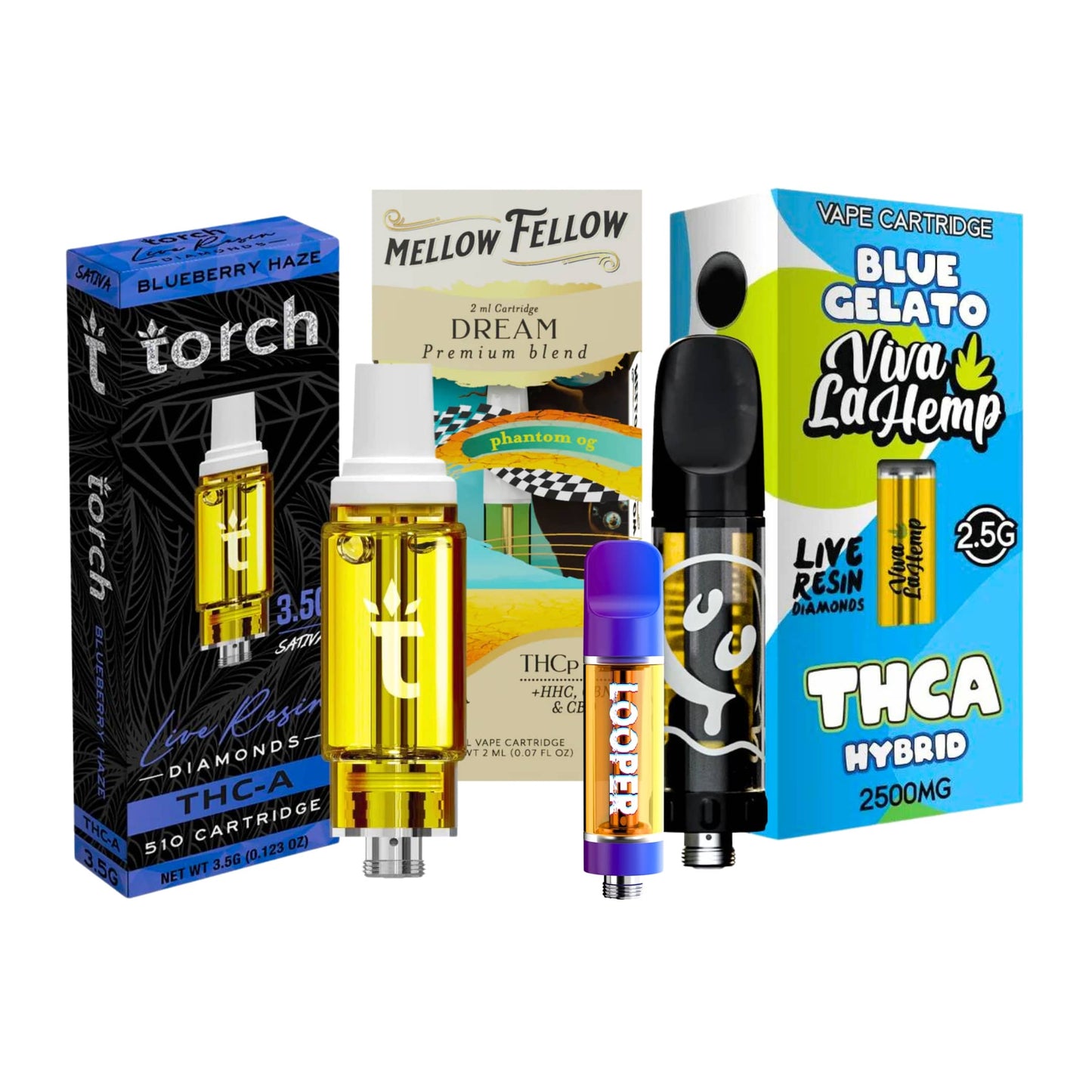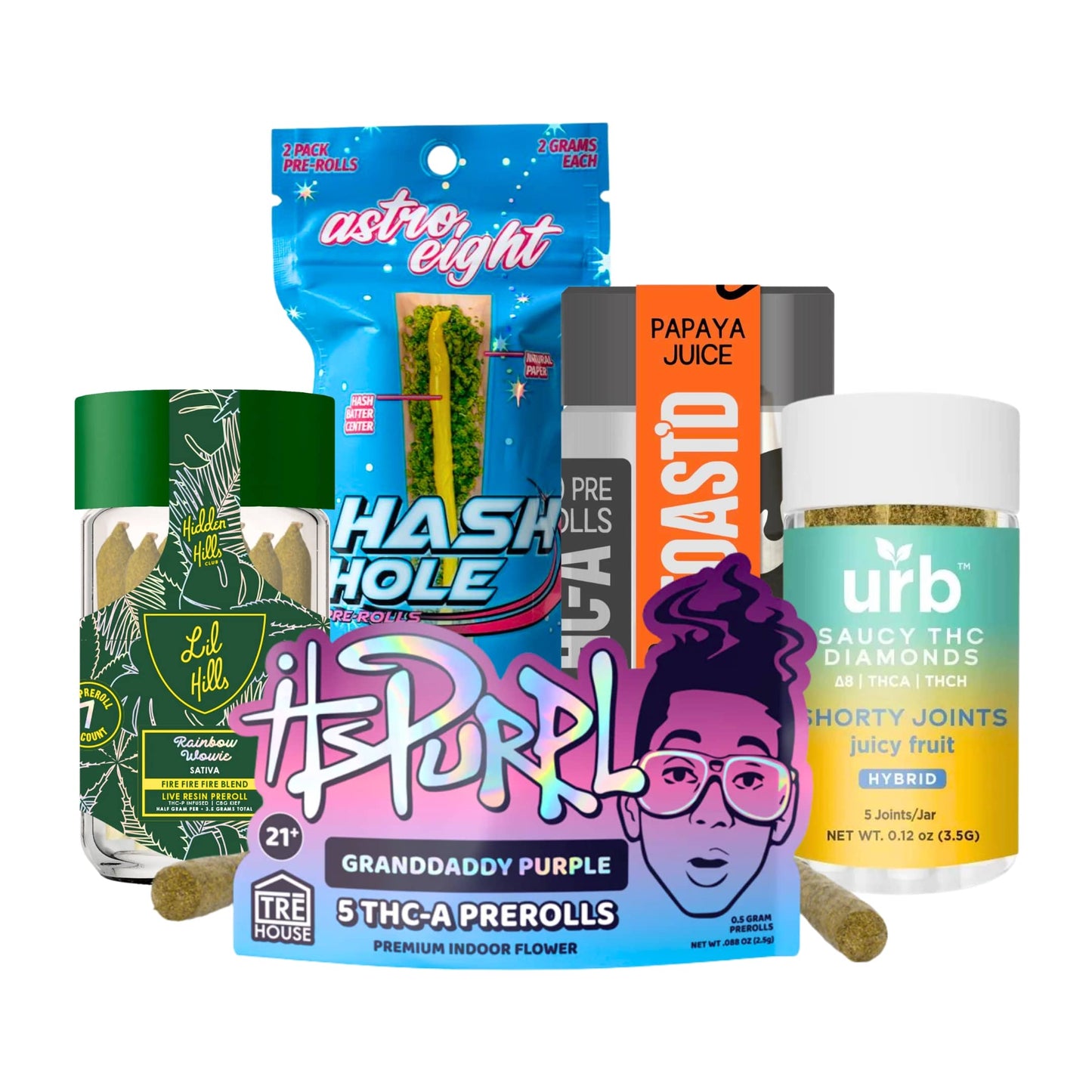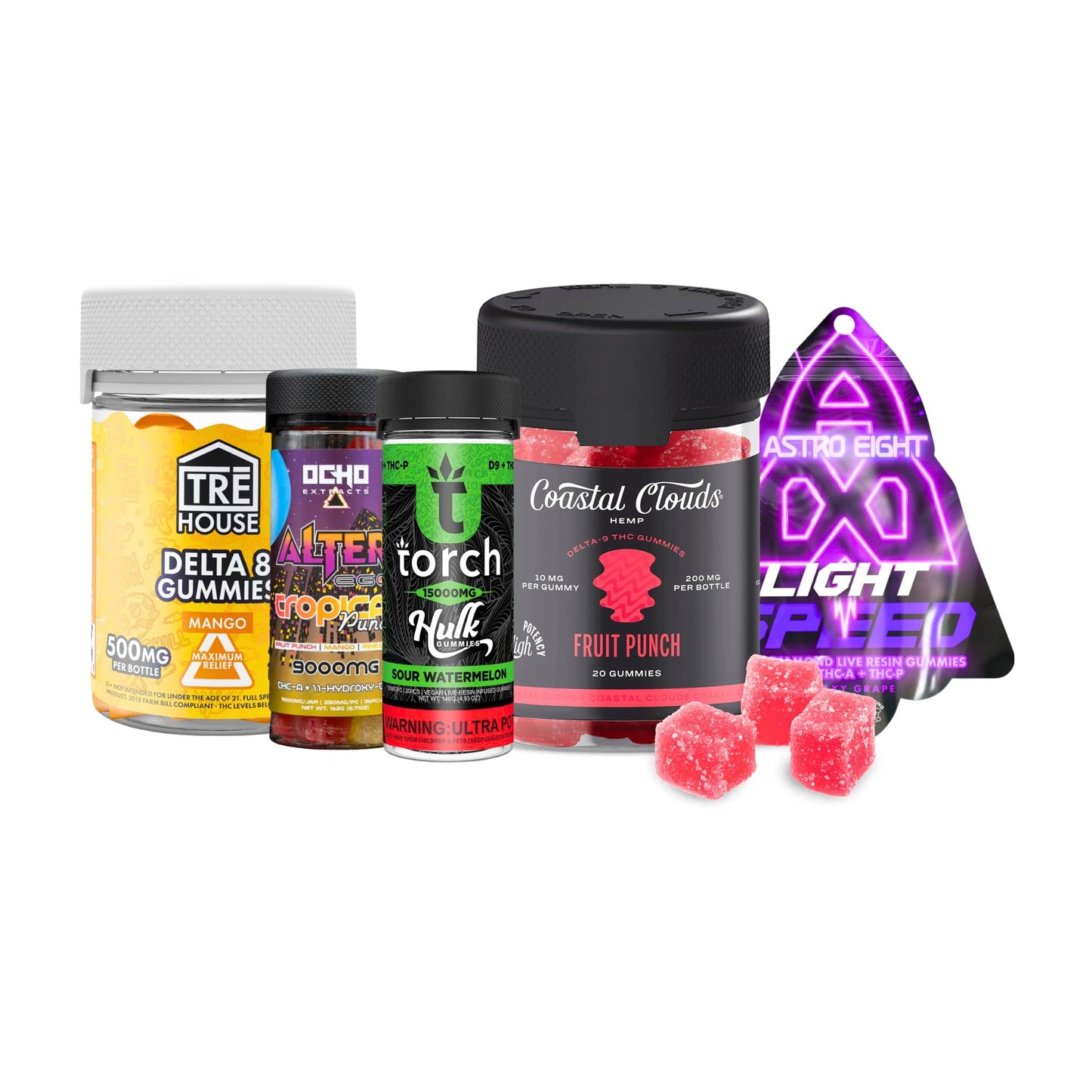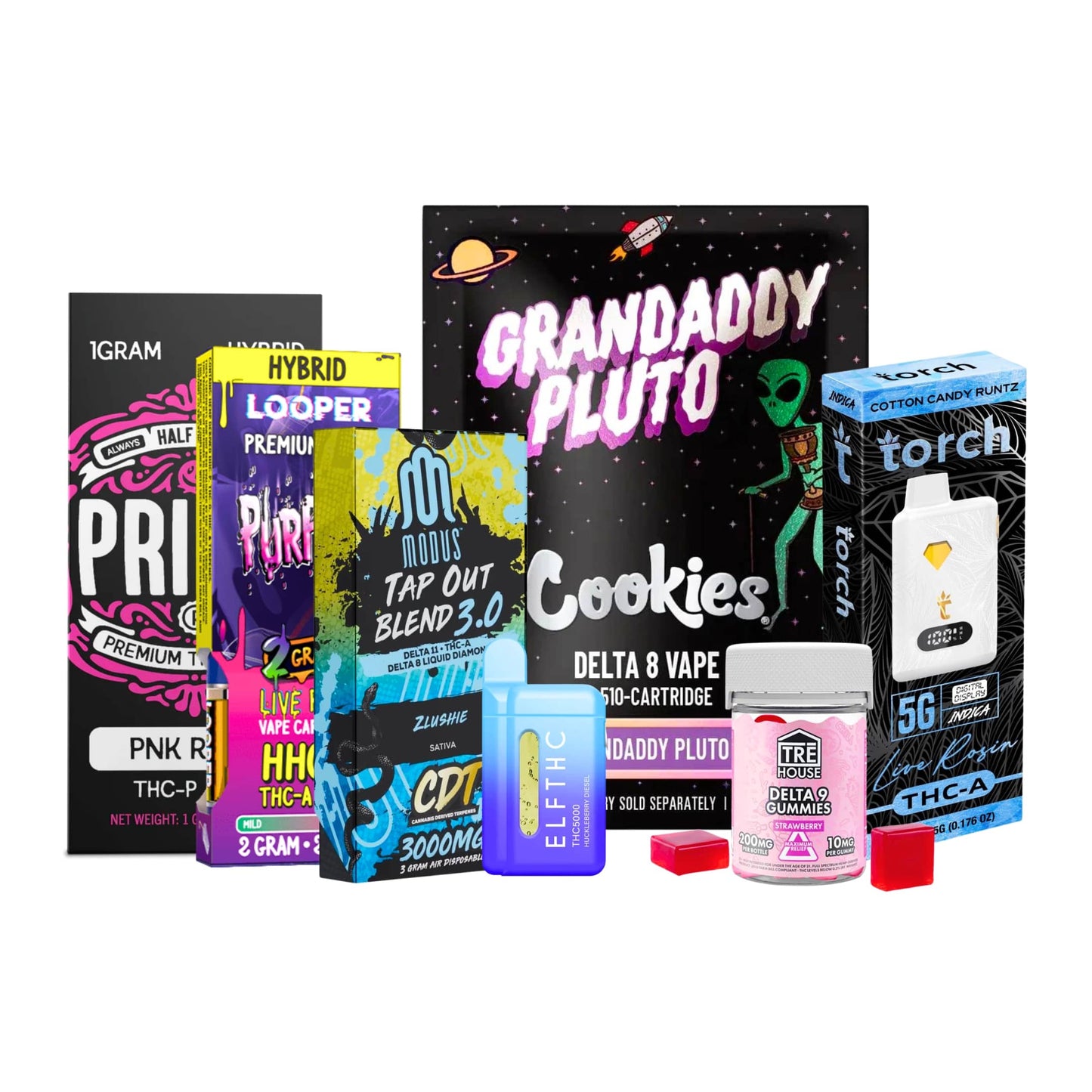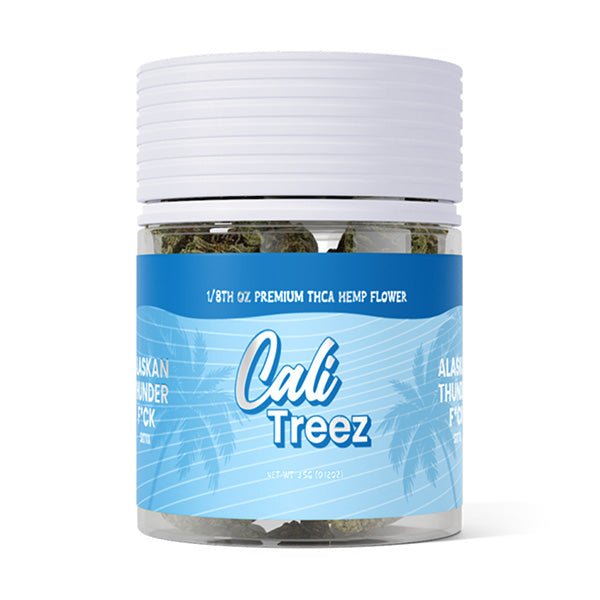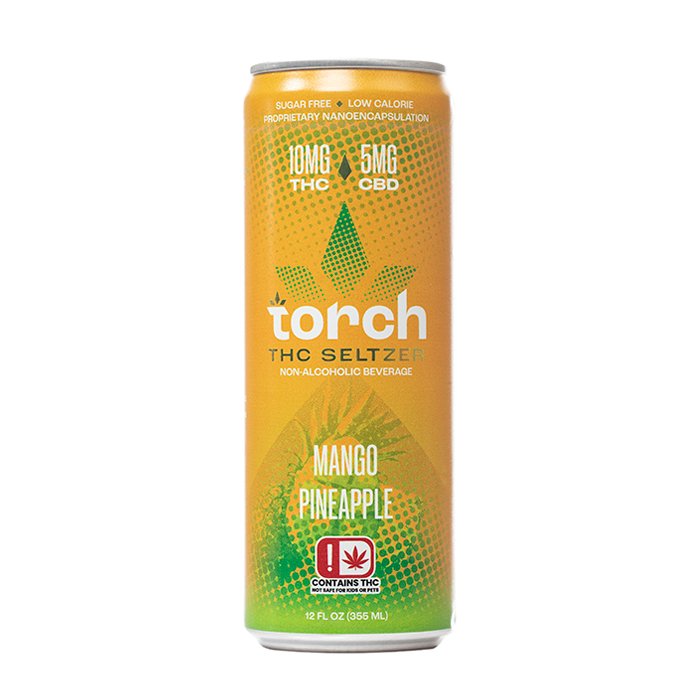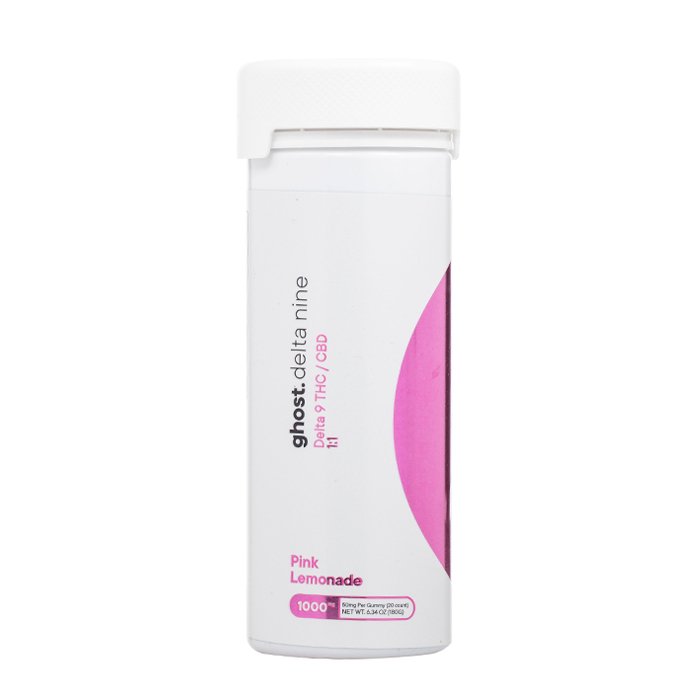Get a FREE Gummy or Vape
Sign up to get a FREE welcome vape or gummy on your first order when you buy 4 or more products.
In the world of cannabis, understanding the myriad compounds and their effects can often seem like a complex puzzle. Two such compounds that often create confusion are THC and THCA. But how do they differ? Does THCA get you high? How can one use these compounds safely and effectively?
In this enlightening article, we'll journey into the heart of cannabis chemistry, breaking down the differences between THC and THCA, their psychoactive effects, usage guidelines, and much more.
Our aim is to provide you with a comprehensive understanding of these two compounds, enabling you to make informed decisions about cannabis use. Buckle up, it's going to be an enlightening ride!
===ARTICLE_CTA===
What is THC?
THC (Tetrahydrocannabinol) is the most well-known and abundant psychoactive compound found in cannabis. It is responsible for the “high” or euphoric effects commonly associated with marijuana consumption.
THC interacts with the body’s endocannabinoid system, specifically the CB1 receptors, to produce its psychoactive effects.
-
===PRODUCT_9979857600804===
-
===PRODUCT_9896114192676===
-
===PRODUCT_9578789765412===
-
===PRODUCT_9518420361508===
-
===PRODUCT_10062494761252===
-
===PRODUCT_9578768400676===
Effects of THC
THC is known for its potent psychoactive effects, which can include:
-
Euphoria: A sense of happiness and well-being.
-
Relaxation: Calming the mind and body.
-
Altered perception: Changes in how one perceives time, sound, and surroundings.
-
Increased appetite: Often referred to as the “munchies,” THC can stimulate hunger.
-
Pain relief: THC has been shown to provide significant pain relief for conditions like chronic pain and muscle spasms.
-
Anxiety or paranoia (in some cases): Some users may experience heightened anxiety or paranoia, especially with high doses of THC.
How THC is activated
THC is found in its inactive form, known as THCA, in raw cannabis. To become psychoactive, THCA must undergo a chemical process called decarboxylation, which occurs when cannabis is heated. This process removes a carboxyl group from THCA, turning it into THC, which can then produce its effects. This happens when cannabis is smoked, vaped, or baked in edibles.
What is THCA?
THCA (Tetrahydrocannabinolic Acid) is the precursor to THC and is found in raw cannabis. Unlike THC, THCA is non-psychoactive, meaning it doesn’t produce the typical “high” associated with cannabis.
-
===PRODUCT_10071859757348===
-
===PRODUCT_9880967381284===
-
===PRODUCT_9648700817700===
-
===PRODUCT_10071639228708===
-
===PRODUCT_9917049307428===
-
===PRODUCT_9894193201444===
THCA has its own potential medicinal properties, which may be beneficial for various health conditions, but it must be converted into THC for those seeking psychoactive effects.
Effects of THCA
While THCA is not psychoactive, it does have a variety of therapeutic effects, including:
-
Anti-inflammatory properties: THCA has shown promise in reducing inflammation, making it useful for treating conditions like arthritis.
-
Neuroprotective benefits: Some studies suggest that THCA may have neuroprotective properties, helping to protect the brain from damage.
-
Antioxidant properties: THCA is believed to act as an antioxidant, helping to reduce oxidative stress.
-
Appetite stimulation: THCA may also help stimulate appetite, but in a less intense way compared to THC.
How THCA is activated
THCA is activated through a process known as decarboxylation, which occurs when cannabis is heated. Without this activation, THCA remains non-psychoactive and does not produce the euphoric effects associated with THC.
This is why consuming raw cannabis or THCA extracts will not provide a “high” unless the THCA is heated first.
Key differences between THC and THCA
|
Feature |
THC |
THCA |
|
Psychoactive |
Yes, produces a high |
No, non-psychoactive |
|
Activation |
Requires decarboxylation (heating) |
Found in raw cannabis, requires decarboxylation to activate |
|
Effects |
|
|
|
Consumption method |
|
|
How much THCA equals THC?
The conversion of THCA to THC happens during the decarboxylation process, but the exact ratio can vary depending on factors like temperature and time.
Generally, you can expect about 0.87 grams of THCA to convert into 1 gram of THC when fully decarboxylated. This means that for every gram of THCA, you would get approximately 0.87 grams of THC after heating.
How to convert THCA to THC
To convert THCA to THC, decarboxylation is necessary.
-
Smoking or Vaping: Both methods involve heating the cannabis, which activates the THCA into THC.
-
Baking in Edibles: When making cannabis-infused edibles, the cannabis is typically heated in an oven at around 220°F (104°C) for 30 to 45 minutes to decarboxylate the THCA into THC.
-
Tinctures and Concentrates: THCA-rich concentrates can also be decarboxylated by heating them to specific temperatures to convert the THCA into THC.
Is THCA as good as THC?
Whether THCA is as good as THC depends on the intended use.
-
For psychoactive effects: THC is the better choice, as it produces the “high” and mental effects many users seek.
-
For therapeutic benefits: THCA is excellent for those looking for medicinal benefits without the psychoactive effects. It has anti-inflammatory, neuroprotective, and antioxidant properties that may help with conditions like arthritis, neurodegenerative diseases, and general wellness.
THC vs. THCA: Which one should you choose?
The choice between THC and THCA ultimately depends on your goals:
-
Choose THC if you’re looking for the classic cannabis experience with psychoactive effects like euphoria, pain relief, and relaxation. THC is ideal for recreational users and those seeking potent relief from conditions such as chronic pain, insomnia, and anxiety.
-
Choose THCA if you’re interested in the therapeutic benefits of cannabis without the high. THCA is suitable for those looking for inflammation relief, neuroprotection, or antioxidant benefits while avoiding psychoactive effects. It’s also ideal for those who prefer consuming raw cannabis or want to explore its benefits through juicing or tinctures.


